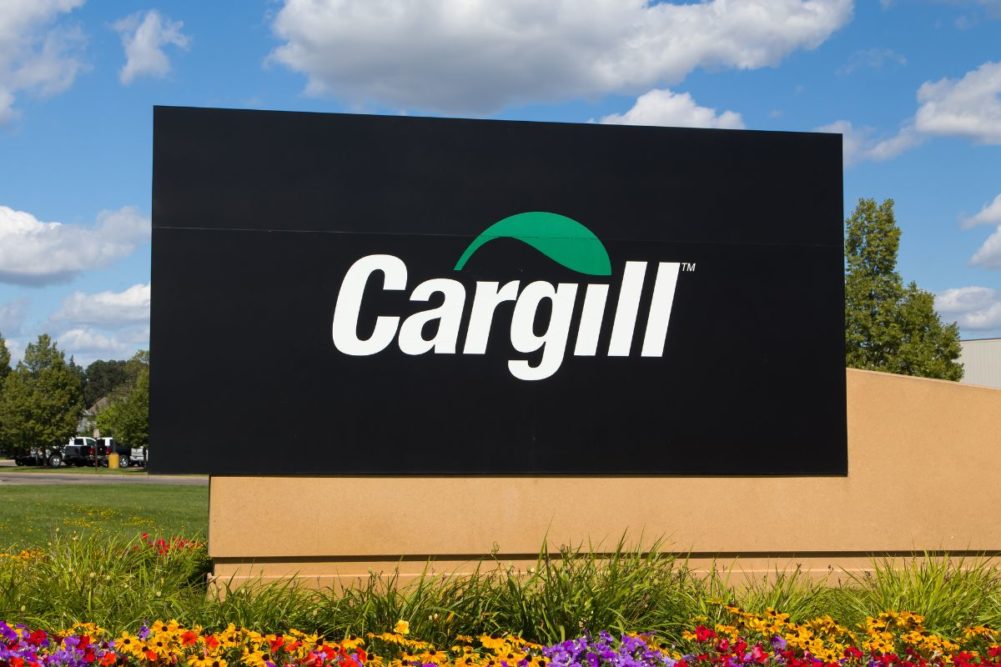MINNEAPOLIS, MINNESOTA, US — Cargill detailed its progress toward sustainability commitments as part of its 2024 Impact Report, which summarizes environmental, social and governance (ESG) programs and performance across the company’s global operations, supply chains and local communities for fiscal year 2024.
“Cargill depends on both nature and people to do our business,” said Pilar Cruz, chief sustainability officer at Cargill. “Protecting the earth’s resources — and those who rely on them — is embedded into our company’s purpose. Our sustainability journey starts with farmers, whose actions influence the entire food ecosystem. In fiscal year 2024, we leaned into programs and partnerships that support farmers to adopt sustainable practices and secure stable livelihoods for individuals and communities.”
Highlights in the report, published Nov. 11, include:
- Investing $100 million in efficiency and sustainability projects within Cargill’s operations.
- Reducing emissions from its operations by 15.8% achieving its 2025 goal of reducing. emissions from its operations by 10% against a 2017 baseline.
- Advancing regenerative agriculture practices on 1.1 million acres of North American agricultural land since 2020.
- Restoring more than 38 billion liters of water in water-stressed regions.
- Distributing more than $130 million to support partners and local communities.
- Providing 34 million meals globally through corporate giving efforts.
- Delivered more than 700,000 farmer trainings focused on sustainable agriculture practices and increasing market access, bringing the total to 7.2 million farmer trainings since 2017.
Brian Sikes, board chair, president and chief executive officer of Cargill, said the company’s position within the global food system provides it a significant opportunity to meet the challenge of feeding a growing world population safely, responsibly and sustainably.
“Many of the strategies that make agriculture more sustainable can also make it more productive and efficient, while improving the health and vibrance of our communities,” Sikes said. “That’s why we see this as more than a challenge; it’s an opportunity the world is counting on Cargill to capture.
“Working hand-in-hand with our customers and partners around the world, we’re proud of the progress we’re making to decarbonize the food system, help farmers and food producers succeed, and create long-term sustainable value in the communities where our people live and work.”
The full report is available here.





